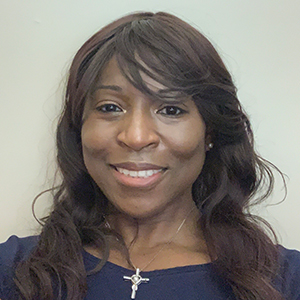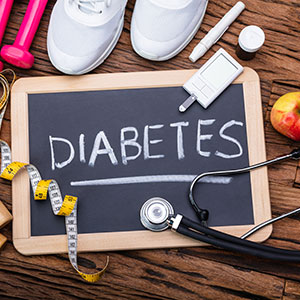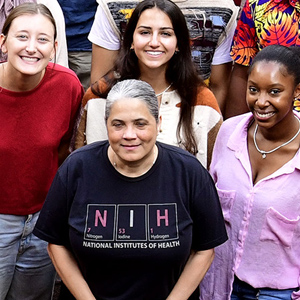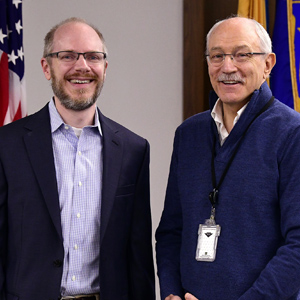NIEHS will oversee its first National Institutes of Health (NIH) Maximizing Opportunities for Scientific and Academic Independent Careers (MOSAIC) Award. Nicole Sparks, Ph.D., a postdoctoral fellow at the University of California, Riverside, was among those receiving the inaugural round of such grants, NIH announced Jan. 28.
The MOSAIC grants — a special group of NIH Pathways to Independence, or K99/R00, awards — aim to increase the number of scientists from underrepresented groups among the faculty at research-intensive institutions.
Life inspires research
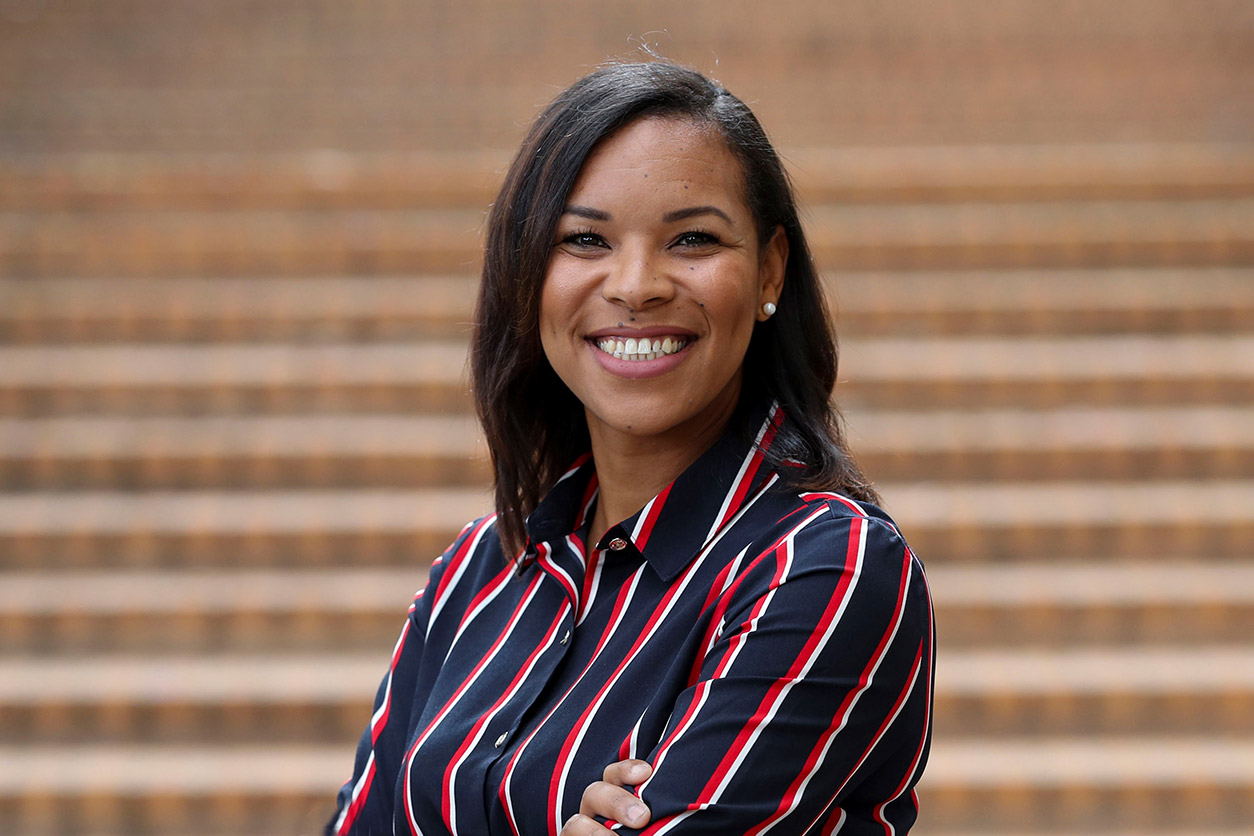 “I believe it is all our responsibility to contribute to initiatives that develop and strengthen inclusive environments,” said Sparks. (Photo courtesy of Nicole Sparks)
“I believe it is all our responsibility to contribute to initiatives that develop and strengthen inclusive environments,” said Sparks. (Photo courtesy of Nicole Sparks)Sparks discovered a mechanism by which some chemical exposures interfered with bone development. “Skeletal development is a complex process that requires stringent control,” she said. In the future, she plans to use stem cells as a model to study how prenatal chemical exposures affect bone development on a molecular level.
Sparks said she was motivated to pursue this research by personal experiences and by the health-related disparities African Americans face. “I took my first developmental biology course shortly after the birth of my son,” she explained.
“I discovered how easily environmental compound exposures can lead to unwanted birth outcomes” said Sparks. “Very quickly, I was able to associate my husband’s health concerns and the early birth of my children to the smoking environments we both grew up in.”
Financial, professional development support
Like the original K99/R00 program, grantees receive up to two years of financial support for their postdoctoral phase (K99) and three years of funding after they transition to a faculty position (R00).
The MOSAIC program also funds professional development cohorts through select scientific organizations. In Sparks’ case, that society is the American Society for Cell Biology (ASCB). ASCB will match Sparks with two mentors — one for scientific and one for professional development — and provide other networking and development opportunities.
“Because of this award, I am already becoming acquainted with great scientists I would not have had the pleasure of meeting before,” said Sparks. “It is wonderful to see the diversity in backgrounds and research areas.”
Diversity, reducing health disparities
NIEHS is committed to enhancing diversity of the biomedical workforce and supporting research on racial health disparities, such as those from chemical exposures. Sparks’ MOSAIC award helps serve both of those goals, which are described further in the NIEHS 2018 – 2023 Strategic Plan.
“Dr. Sparks’ grant stood out because she has assembled a world-class team of experts to look at environmental exposures using a variety of models, specifically in an understudied research area,” said Thaddeus Schug, Ph.D., who will oversee the grant. “I think the reviewers appreciated her diverse scientific background, the quality of her mentoring team, and the unique research niche.”
From strength to strength
The MOSAIC program supports and recognizes fellows with a commitment to advancing diversity, equity, and inclusion.
Sparks learned about the opportunity through the weekly notice of NIH funding opportunities. She applied for it because it aligned well with her values and goals, which include helping train and grow future scientists from diverse backgrounds and research.
“There is a lack of diverse representation in tenure-track, independent positions,” she said. “Part of my work as doctoral student and postdoctoral fellow has been geared towards changing the perception of what a scientist looks like and serving as a role model for young scientists.”
Citations:
Martinez IKC, Sparks NRL, Madrid JV, Affeldt H 3rd, Vera MKM, Bhanu B, Zur Nieden NI. 2019. Video-based kinetic analysis of calcification in live osteogenic human embryonic stem cell cultures reveals the developmentally toxic effect of Snus tobacco extract. Toxicol Appl Pharmacol 363:111-121.
McClelland Descalzo DL, Satoorian TS, Walker LM, Sparks NRL, Pulyanina PY, Zur Nieden NI. 2016. Glucose-induced oxidative stress reduces proliferation in embryonic stem cells via FOXO3A/beta-catenin-dependent transcription of p21(cip1). Stem Cell Reports 7(1):55-68.
Sparks NRL, Martinez IKC, Soto CH, Zur Nieden NI. 2018. Low osteogenic yield in human pluripotent stem cells associates with differential neural crest promoter methylation. Stem Cells 36(3):349-362.
(Cassandra Hayne, Ph.D., is an Intramural Research Training Award postdoctoral fellow in the NIEHS Nucleolar Integrity Group.)






